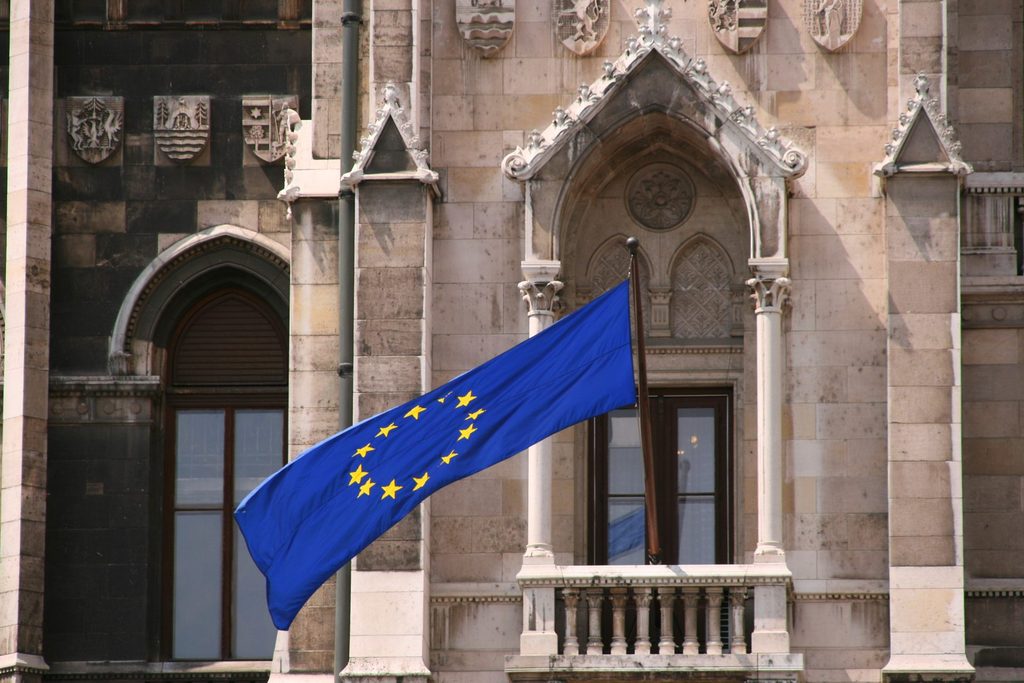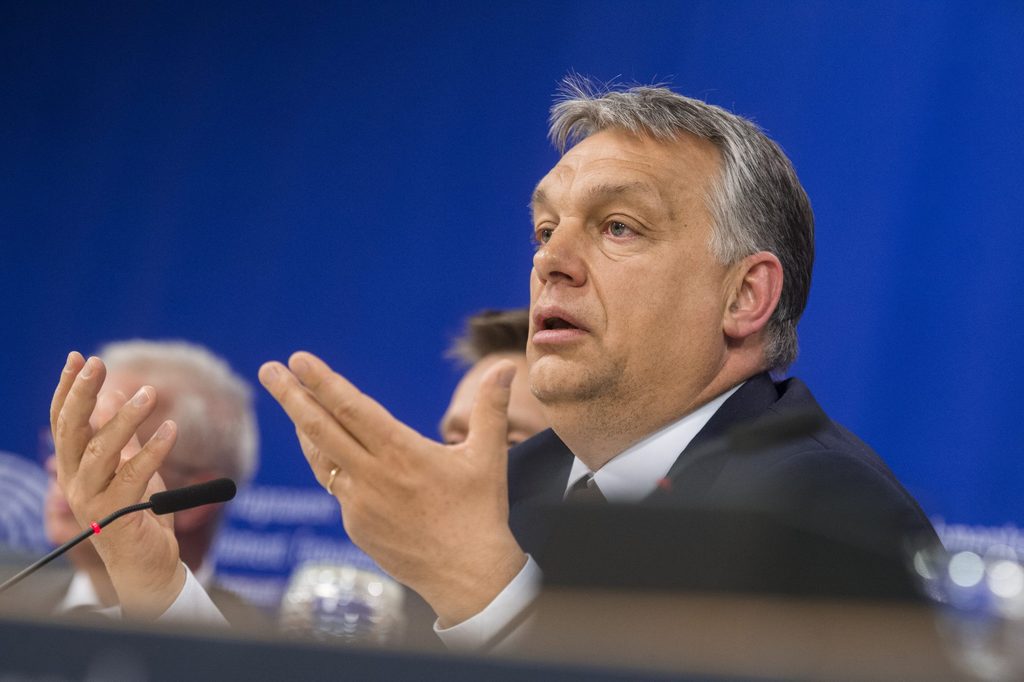Corruption, secret police raids and undermining common EU values: the European Parliament on Thursday raised serious concerns over developments in Hungary, calling into question the upcoming Hungarian Presidency of the Council of the EU.
Hungary will succeed the Belgian presidency in 2024 to head the Council of the EU – an important role in driving forward the EU agenda and representing the Council in external relations.
Yet on Thursday, MEPs voted to question how Hungary will be able to fulfil this task "credibly" in 2024, "given its lack of compliance with EU law and values, and the principle of sincere cooperation.”
Led by Prime Minister Victor Orbán, Hungary has seen billions in EU funds frozen for rule of law breaches.
MEPs are now asking EU leaders to block the 2024 presidency – saying it cannot chair Council meetings set to address these very same issues.
"Once again, the European Parliament is united in expressing its deep concern over the deterioration of the rule of law situation in Hungary. Unlocking the frozen funds at this stage would give Fidesz [ruling party] a carte blanche to continue their attacks on fundamental rights," said the Parliament’s standing rapporteur for Hungary Gwendoline Delbos-Corfield (Greens/EFA, France).
"It is time for the Council to question whether a Member State under Article 7 procedure can credibly hold the Presidency of the EU,” she continued.
State of danger
The Fidesz government has long been accused of "deliberate and systematic efforts" to weaken democratic norms and the rule of law, but the situation continues to worsen.
The European Parliament raised examples of Orbán alimenting systemic corruption, continuous attacks on LGBTQ rights and the infringement of teachers’ social and labour rights.

European Union flag on the Hungarian Parliament Building in Budapest. Credit: Marek Ślusarczyk/Creative Commons
The government has bypassed sufficient democratic scrutiny through the "abusive" invocation of the "state of danger," MEPs say, passing laws without sufficient parliamentary scrutiny, public consultation and often ruling by decree.
MEPs are also sounding the alarm on reports of intimidation by the government. Secret police have visited the offices of companies in “strategic” parts of industry, reportedly with the aim of bringing them under the control of the Prime Minister’s close circle.
Anti-EU agenda
The resolution (passed 442 for, 144 against, 33 abstentions) condemns the Hungarian government’s anti-EU campaigns, which “aim to divert attention away from a lack of compliance with European values and systemic corruption.”
Orbán has also maintained close relations with Russia, having threatened to block EU sanctions over the invasion of Ukraine to forward his government agenda.
Despite Thursday's vote, it is unlikely that EU leaders will take the drastic step of blocking the presidency.
Hungarian officials have stated that addressing demographic challenges and family policy will be a priority of Hungary's EU presidency in 2024.
Furthermore, Hungary will push for the inclusion of Serbia in the wider European community, as well as focus on a cohesion policy to ensure a balance between EU economies.

